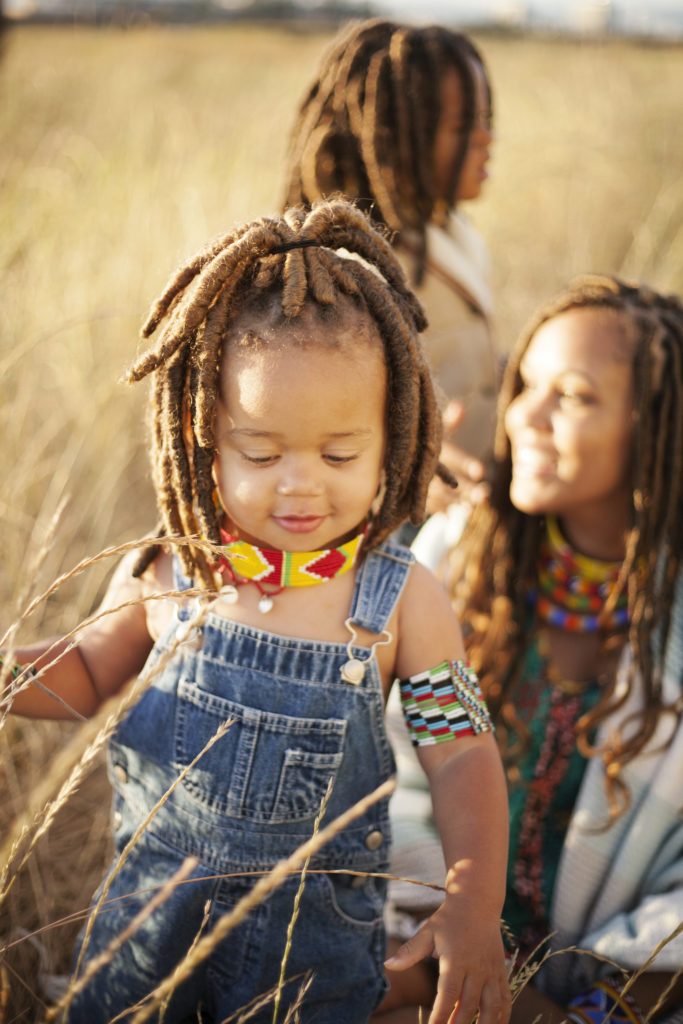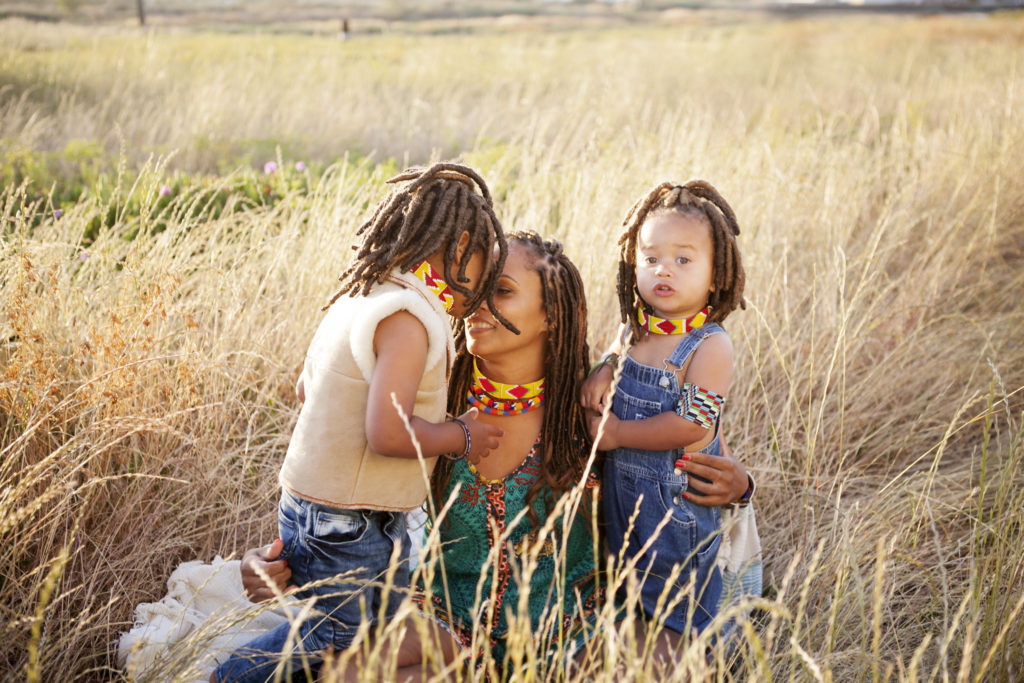Have you ever heard someone say that they felt as if they were born in the wrong decade or other period of time? While I can’t say that holds true for me, it has come to my attention that my ideas and beliefs about parenting seem to contrast directly with today’s standards. Everyone will have their own opinions, but a different perspective can sometimes be eye opening, so I’d love to share one of mine.
Raising children in 2017 means a myriad of things, but one of them that most of us can agree on is the disconnectedness that permeates our lives. We’re all doing our own thing, living in our own worlds. Each mom or dad parents the way they want, and everyone attempts to respect each other’s space because it’s the “polite thing to do.” When someone dares to violate these unspoken social rules, their actions are met with glares and disapproving words from other parents.
Exhibit A: the playground. Kids are running around being carefree and free-spirited while moms and dads watch from a close distance and talk amongst themselves. A mom notices a child (who is not her own) being a bit rotten to another kid and asks the kid to play nicely. The parent of the child who was reprimanded becomes irate and belittles the other mom, telling her to mind her own business and to never speak to her child again. This is a scene many of us have witnessed. You may even be one of the moms in the example!
Incidences like this one are much more commonplace than many realize in 2017, but I’m finding that my mentality as it relates to parenting leans much more toward a more ancient tribal stance. I say this because I read an interesting article some time ago written by a photographer who detailed things he learned about parenting while shooting for National Geographic magazine, and a few things he said truly resonated with me.

The first thing was that while photographing a particular tribe, he learned that babies were almost always strapped to someone. It was extremely rare to ever see a baby not attached to a person in the village. Even more fascinating is that a great deal of the time the person with the baby was not the baby’s mother. If a mom needed to go off and gather things or do some task, it was not unusual for her to hand the baby to another member of the tribe, even if that person wasn’t a direct relative. You see, the babies belong to the village; they are everyone’s child, and each member shared the responsibility of taking care of and nurturing them.
The other thing he mentioned was that the babies rarely cried. Imagine that! He said that the babies seemed calm and content much more so than he’d ever seen, and that when they grew older they were much more independent than children back home in the states. I was floored by all of it. I also felt very connected to this way of life.
I speak a lot about having a mommy tribe, but that isn’t just catchy buzzwords and soundbites. I loathe this 2017 idea that being a strong woman means you have to do it all, all the time, and all alone. We carry so much guilt if we so much as think of hiring a nanny or enrolling a kid into daycare. Don’t even get me started on the feelings that wash over a mom if her child actually loves the nanny! Why, that’s just outrageous and shameful! Only, IT ISN’T! In the tribal way of child rearing, bonding with the village is not only encouraged, it’s celebrated. Mothers in the tribe want their babies to feel safe and secure with the other women because those tribal women subscribe to the same philosophies. They all want what’s best for the children.

The article really awakened within me an even stronger desire to lift up and support my own tribe. I love that my children feel comfortable enough to go to my close friend and ask to be read a story. It adds to my peace of mind when i see my youngest light up when his nanny arrives, because I know that he feels safe with her. The idea of a stranger scolding or guiding our children is an uncomfortable one, and I’m not proposing that. Instead, if your personal friend and family group share the same or similar parenting values, let’s put an end to the shame and guilt that surrounds the need for support and learn to lean on one another, so that exhausted parents have help and children learn how to effectively and appropriately bond with others. It’s an integral part of their development after all.
We don’t live in actual villages, and our children do cry, unfortunately (lol). But I am determined to nurture, protect and celebrate my tribe to an even greater extent. Why? Well, as awesome as she is, I am NOT Superwoman, and I don’t aspire to be. I am Breegan, a woman who loves her kids, her family and her village. That parenting method runs circles around modern day techniques in my book!
Do you identify more with 21st century parenting or more ancient strategies? Comment below. I’d love to discuss it with my readers!




replies (0)